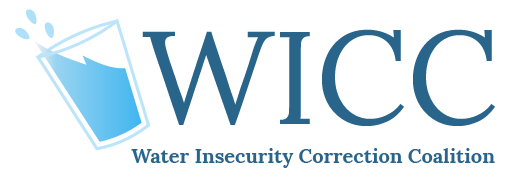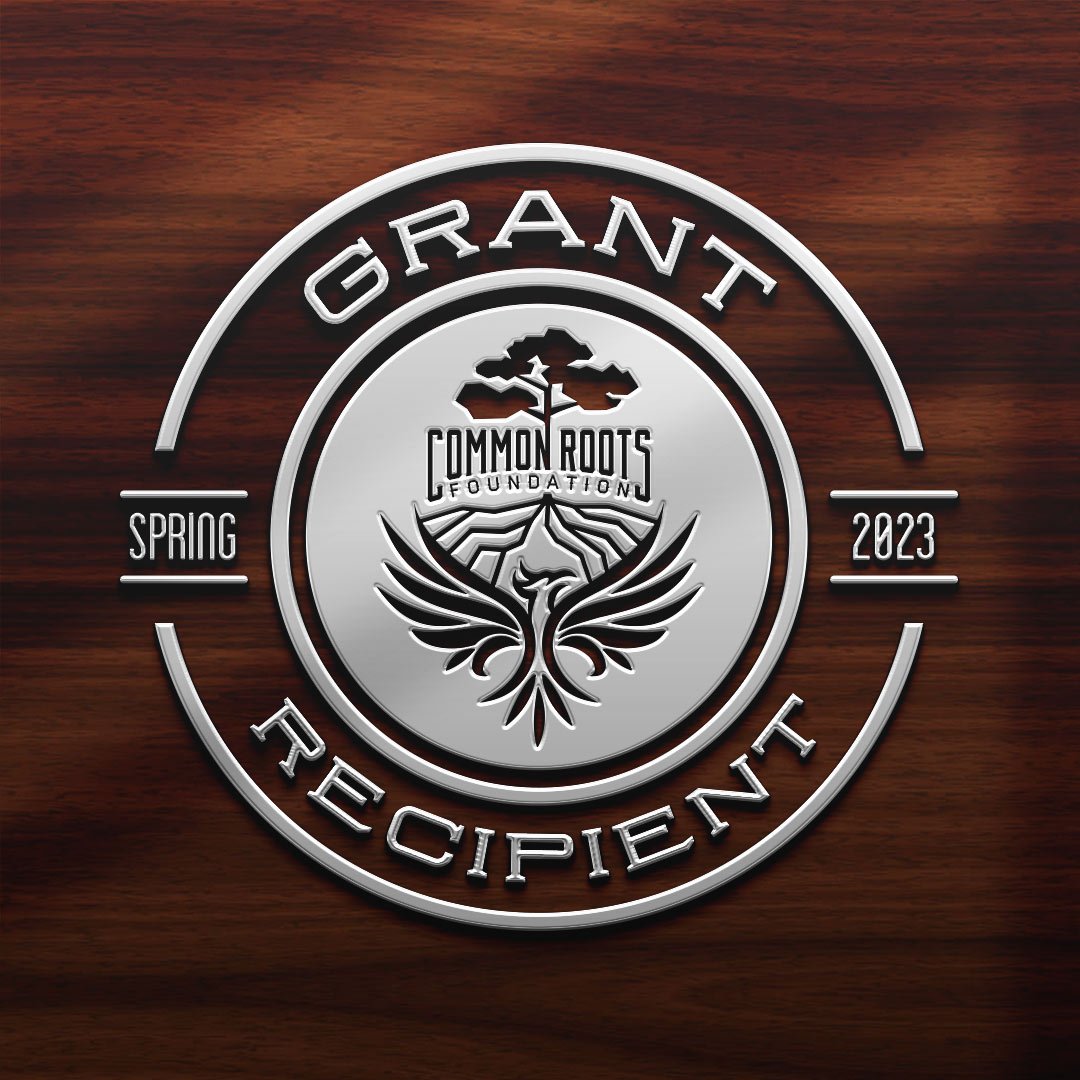Today marks WICC’s fifth year of existence as a nonprofit, and with the anniversary brings significant leadership transitions. August 10th marks the official resignation of Founder Annabel Gregg from her titles as Board President and Consultant, the transition of outgoing Executive Director Arianna Trapp to take on the Board President title, and the stepping-up of former Program Coordinator Bianca Custer as the new Executive Director.
GREGG RESIGNS
Gregg founded the nonprofit in 2019 and served as the org’s Executive Director until 2022. She has acted as Board President since WICC became an incorporated nonprofit in that same year, and has led the organization’s water contamination projects in Upstate New York. Gregg’s resignation comes as she begins a career in environmental policy at the Lands & Forests Division of the New York State Department of Environmental Conservation this September as a New York State Excelsior Service Fellow.
“This is bittersweet, as I’m basically saying goodbye to my baby. I’m so proud of what the whole team has accomplished in the last five years, and I am beyond excited to watch what amazing work they will do under Bianca and Ari’s leadership. I also want to particularly thank Nico Gentile, Madeline Van Shelven, Kayla Chang, Sam Grimmke, and Nolan Lyons for their dedication to building the organization and making sure our efforts are as meaningful and impactful as they can be. I love this team and I know it’s just a see you later, not a goodbye.”
CUSTER TAKES OVER
As of today, the organization will be spearheaded by the efforts of Washingtonian Bianca Custer. Custer started as a Program Coordinator in spring 2023 and has shown remarkable dedication to the mission and operations of WICC. They recently graduated from Western Washington University with a BA in Environmental Studies - Justice & Community Resilience Emphasis.
"I’m honored to accept the role of Executive Director at WICC and am grateful to be following in the footsteps of Arianna Trapp, who has been such an excellent ED during my first year with WICC,” said Custer. “I look forward to helping WICC continue to achieve its goals by highlighting the strengths and dedication of WICC’s amazing team."
TRAPP TRANSITIONS, NEW BOARD
Outgoing Executive Director Arianna Trapp will be taking over as Board President as of today, taking over the title for Gregg. Trapp is a Research Associate at the National Academy of Sciences GRP in Washington, D.C. and has an MPS in Marine Conservation from the University of Miami. Trapp has led the team as Executive Director over the last year, and has coordinated efforts expanding projects in California, a new WICC Summer Advocacy Fellowship, and many internal projects including WICC’s first Environmental Justice policy.
"I'm excited to step into the more advisory role that the Board President is able to play,” said Trapp. “Working with Bianca with me as ED and them as Program Coordinator was great, so I'm also glad we'll continue to work together."
Kayla Chang, WICC’s Director of Advocacy Operations, will take over as Board Secretary as Trapp transitions out of that role.
Outgoing Board Treasurer Sam Grimmke is also wrapping up his tenure. Grimmke was a founding member of the organization and served on the Board for four years. He also acted as the Finance & Fundraising Director for three years, leading the organization through some of its first-ever grassroots fundraising efforts, including the key Run Fast For Flint 5k in 2021. Grimmke is the Program Coordinator at 21/64, a non-profit philanthropic consulting practice in New York.
Madeline Van Shelven, current Finance and Fundraising Director, takes over as Board Treasurer as of today. Van Shelven started as a fundraising intern in 2020 and has since spearheaded the organization’s fundraising efforts. Van Shelven is a third-year J.D. Candidate at Loyola University Chicago School of Law.
Nolan Lyons, another founding member, resigned at the July meeting of the Board. He acted as the organization’s Advocacy Director from 2020 to 2022 and as a Board member since 2020, including serving as Board Secretary from 2022 to 2023. He managed the first cohorts of WICC Advocacy interns, was one of the hosts of the Just Add Water Podcast from 2021 to 2022, and spearheaded many of the org’s advocacy efforts during the pandemic. Lyons is based in NYC and is now a Senior Associate at SKDK, one of the top PR firms in the nation.











